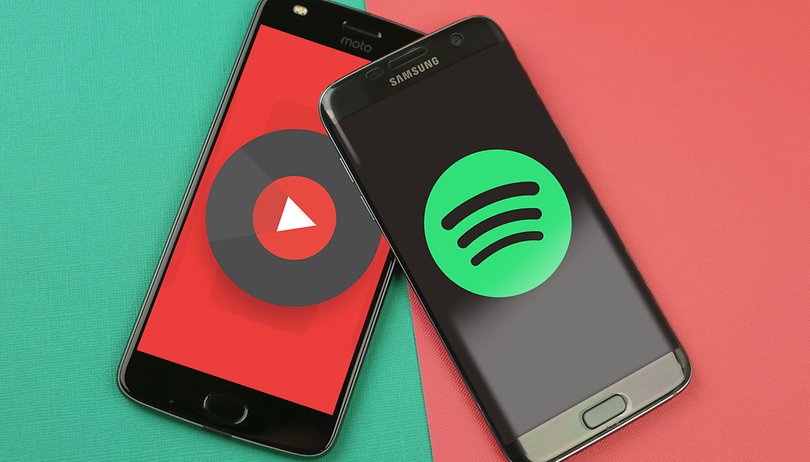Spotify and YouTube Music recently debuted in India, bringing their huge pools of songs and playlists, along with customised local content for users in the country. Here is how the two compare.
If
you are a music buff and stream your music over the internet, you
would be familiar with Spotify and YouTube
Music. Both these music streaming platforms debuted in India
recently, bringing their huge pools of songs and playlists, along
with their customised collections especially curated to suit the
users in the country. Both over-the-top (OTT) audio platforms have a
lot in store for everyone. Let’s take a look at what these music
streaming services are offering and how they compare with each other:
Pricing
Spotify
and YouTube Music, in their basic versions, offer free music
streaming supported by advertisement. If you want to remove the ads,
you will need to upgrade to their respective subscription-based
premium editions. While Spotify provides an option to choose between
monthly and yearly subscriptions, YouTube Music offers only a monthly
subscription plan.
A
Spotify
premium subscription costs you Rs 119 for a month, or Rs 1,189 a
year. Interestingly, Spotify also offers a one-time payment service,
which is like a prepaid top-up plan, for those who do not wish to tie
themselves to monthly or yearly subscriptions. These plans are
available for Rs 13 a day, Rs 39 a week, Rs 129 a month, Rs 389 for
three months, and Rs 719 for six months. A YouTube Music monthly
subscription can be purchased for Rs 99.
As
part of their introductory offers, Spotify and YouTube Music are,
respectively, offering a month and three months of free subscription
to the premium edition.
Cross-platform
support
Not
all users listen to music on their smartphones. They also stream
music on laptops, tablets, gaming consoles, and even wearables.
Therefore, it becomes imperative for new-age music streaming services
to support a cross-platform functionality.
YouTube
Music is available as an app on Google Android and Apple iOS devices,
so it is compatible with most smartphones and tablets running on
these two operating systems. However, there is no dedicated
application for desktop, so if you wish to stream music on a laptop
or desktop running on Microsoft Windows or Linux Ubuntu, you have to
use a web-based client.
Spotify,
on the other hand, supports all major platforms. Besides being
available as an app on iOS and Android devices, Spotify also has a
dedicated application for Windows-based machines, and supports
multiple other clients – including PlayStation and Xbox.
Business
Standard
No comments:
Post a Comment